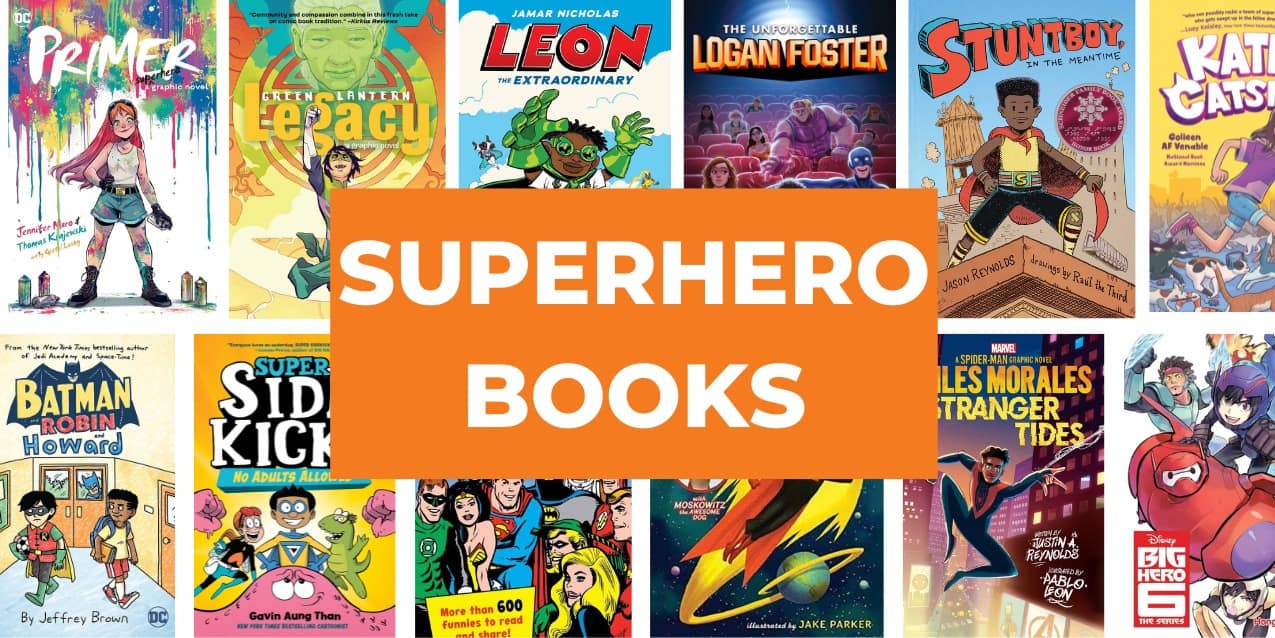We’ve long heard that nurturing a child’s love of reading from an early age can have incredible long-term results. Some experts believe they’ve finally found a way to prove it. A new study that involved more than 10,000 children and spanned over several years seems to show that those who regularly read for fun at an early age grew into better-adjusted tweens and teens than their peers. The study has more than anecdotal evidence to support its claims, shedding new light on the importance (and benefits) of early reading.
The Study Shows a Promising Association Between Early Reading and Success
Children between the ages of 9 and 13 took part in the long-term study published in Psychological Medicine on June 28.1 Researchers considered a little more than 5,000 children included in the study “early readers.” This means they had been reading for anywhere from three to 10 years.
That put approximately 48 percent of children into a separate category, including those who had just begun reading for fun and those who didn’t enjoy reading.
Those who qualified in the first group scored better in a series of tests covering things like memory, speech, and processing information.

The Benefits Went Beyond the Academic
As parents, we want our children to do well in life. This certainly means more than just academics. According to the study, those early readers also seemed to have a higher quality of life. Their parents reported fewer signs of aggression and depression in their children.
“Reading isn’t just a pleasurable experience – it’s widely accepted that it inspires thinking and creativity, increases empathy and reduces stress,” the study’s co-author, Barbara Sahakian, a professor at the University of Cambridge in the UK, said through a university press release. “But on top of this, we found significant evidence that it’s linked to important developmental factors in children, improving their cognition, mental health, and brain structure, which are cornerstones for future learning and well-being.”
The Study Also Included Brain Scans
One of the more exciting facets of the study was that researchers could see some of these benefits manifest physically. MRI scans of the early reader group seemed to show more tissue volume in regions of the brain associated with things like attention, behavior, and other areas compared to their non-early reader peers.

There’s More to Consider About the Findings
It’s easy to point to reading as being behind all the success these tweens and teens had experienced. But there may be more at play here. Caitlin Canfield, a developmental psychologist at NYU Grossman School of Medicine in New York City, told US News & World Report that we should also consider things like home life and school environment.
“But this does at least show an association,” she explained, adding that other research has shown traditional print books may have a leg up over e-books. This is because kids “transfer more knowledge” when reading print.
That feeling is a mutual one. Caitlin (who wasn’t involved in the study) noted there is also research that shows parents prefer reading print books to their children. Having an actual book to grasp in their hands makes them more likely to enjoy reading aloud to their kids.
Give Your Child a Leg Up by Sitting Down With a Good Book
The findings cannot definitively conclude that an early love of reading is behind all the positive changes researchers noted. But when coupled with what other studies and research have already uncovered, the benefits seem clear.
“I do think there’s something special about reading,” Barbara concluded in her statement. “I always encourage parents to let their children lead the way – choosing the books, letting them turn the page,” she continued. She also noted that any age-appropriate book would do. “It doesn’t have to be great literature. It can be any reading that sparks their interest.”
In a time when screens and technology dominate the landscape, an old-fashioned book may be what the doctor ordered. This can help ensure our children reach their full potential, academically and emotionally. We can’t wait to test these findings and open a good book with our little ones tonight!
1. Sun, Y., Sahakian, B., Langley, C., Yang, A., Jiang, Y., Kang, J., . . . Feng, J. (2023). Early-initiated childhood reading for pleasure: Associations with better cognitive performance, mental well-being and brain structure in young adolescence. Psychological Medicine, 1-15. doi:10.1017/S0033291723001381

 PARENTING TIPS
PARENTING TIPS PREGNANCY
PREGNANCY BABY CARE
BABY CARE TODDLERS
TODDLERS TEENS
TEENS HEALTH CARE
HEALTH CARE ACTIVITIES & CRAFTS
ACTIVITIES & CRAFTS


